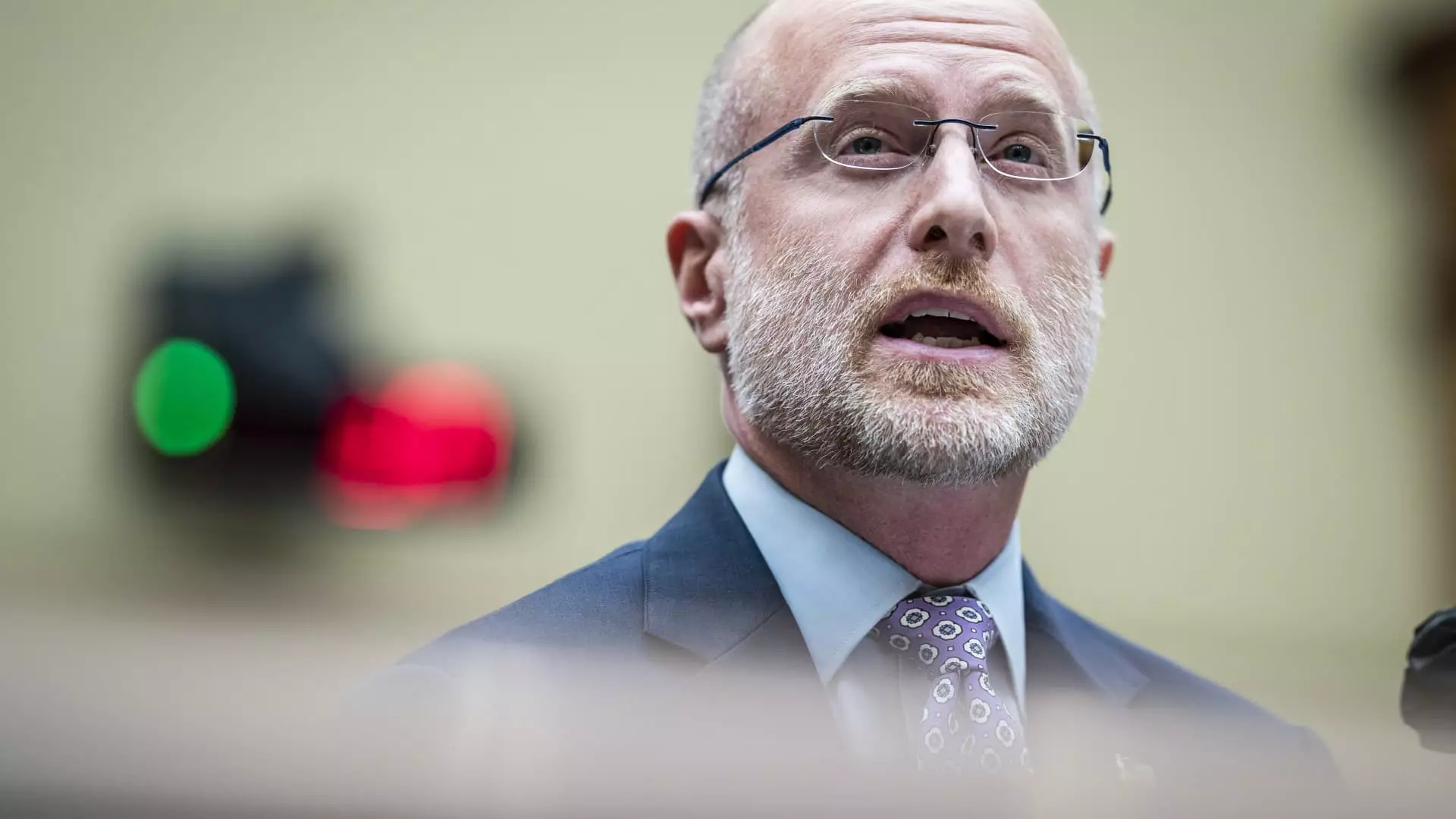The anticipated appointment of Brendan Carr as the chairman of the Federal Communications Commission (FCC) by President-elect Donald Trump signals a sharp shift in regulatory philosophy and approach toward telecommunication policy in the United States. Carr, who currently serves as the top Republican on the commission, represents a direct counterpoint to the Biden administration’s regulatory strategies, particularly concerning broadband access and Big Tech oversight. By positioning a figure like Carr at the helm of the FCC, Trump is intending to revamp not only the agency’s priorities but also to alter its operational dynamics in line with his administration’s values.
Carr’s vocal critiques of major technology companies and their perceived censorship practices indicate a focus on protecting free speech. His recent communications with major corporations like Meta (Facebook), Google, Apple, and Microsoft highlight his commitment to what he describes as restoring “free speech rights for everyday Americans.” This proclamation aligns seamlessly with Trump’s broader narrative, which consistently characterizes mainstream media and technology platforms as entities that inhibit open discourse. Carr’s robust condemnation of the FCC’s hesitance to finalize substantial broadband subsidies reflects a larger frustration with governmental inertia, particularly regarding the crucial need for expanded broadband access across the nation.
The decision not to move forward with nearly $900 million in broadband subsidies for Elon Musk’s Starlink satellite service serves as a critical example of the current administration’s stance on innovative broadband solutions—a decision that Carr has actively criticized. Trump’s past initiatives, coupled with Carr’s vocal advocacy for the telecom sector, suggest that under Carr’s leadership, the FCC may adopt a more favorable view of novel technological enterprises that could enhance connectivity and competition within the telecommunications landscape.
Moreover, Carr’s hardline stance on Chinese telecom companies and his historic visit to Taiwan underscore a broader agenda focusing on national security concerns intertwined with regulatory policies. His opinions on net neutrality further reflect a polarized debate: Carr previously opposed the reinstatement of net neutrality rules, arguing that such regulations hindered innovation and investment.
The transition to Carr’s chairmanship will require the incoming administration to strategically nominate a Republican to complete the five-member panel. This appointment is crucial for gaining comprehensive control over the FCC and steering its policy directives. Trump’s assertion that Carr is a “warrior for Free Speech” illustrates not only confidence in Carr’s abilities but also a strategic alignment with the president-elect’s broader political goals.
Brendan Carr’s selection as chairman heralds a transformation within the FCC. The implications of this appointment extend beyond mere telecommunications regulation; it encapsulates a wider ideological battle over free speech, government intervention, and the future of telecommunications in America. How Carr navigates the complex interplay of political pressure, regulatory responsibilities, and technological evolution will set the course for telecommunications policy in the forthcoming years, potentially redefining the landscape for both consumers and service providers alike.


Leave a Reply